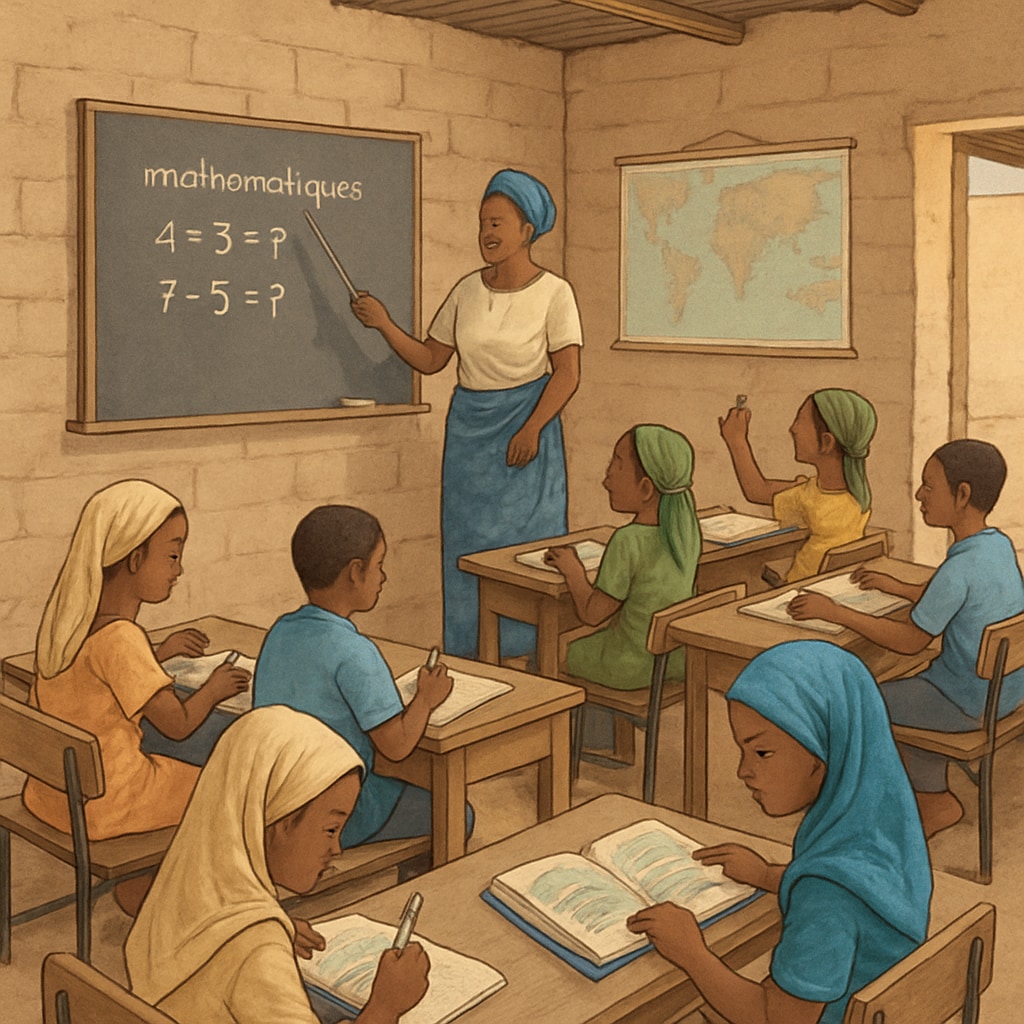Pursuing financial careers in developing countries like Mali often presents unique challenges. Limited access to quality education and resources can restrict students’ ability to compete in the global job market. However, K12 education systems hold the potential to bridge this gap by providing early career planning and nurturing international perspectives. By fostering essential skills and exposing students to global standards, these systems can open doors to financial professions and other international opportunities.
Challenges in Financial Career Preparation in Developing Nations
In developing countries, educational inequalities are a significant barrier to professional advancement. For instance, in Mali, many schools lack basic infrastructure, qualified teachers, and access to advanced learning materials. As a result, students often face difficulties acquiring the foundational skills necessary for competitive fields like finance. Moreover, the absence of career counseling and exposure to international standards further limits their ability to envision and prepare for global careers.
For example, financial professions demand proficiency in mathematics, economics, and critical thinking—skills that require consistent and structured educational support. Unfortunately, schools in underserved areas may struggle to provide such specialized training. As a result, students frequently turn to alternative paths, such as vocational work, instead of pursuing higher education or professional careers.

The Role of K12 Education in Fostering Global Perspectives
Despite these challenges, K12 education systems can serve as a powerful tool for equipping students with the skills needed for financial careers. Early exposure to subjects like economics, financial literacy, and global trade can spark interest and provide a solid foundation for future professions. Furthermore, integrating international perspectives into the curriculum helps students understand the global nature of finance.
Programs that introduce students to concepts like digital banking, financial planning, and international business can be particularly impactful. For example, initiatives such as exchange programs or virtual collaborations with schools in more developed countries enable students to experience diverse educational methods and broaden their horizons.
In addition, partnerships with NGOs and private institutions can help supplement resource gaps. Organizations like Save the Children and UNICEF have implemented projects to enhance educational infrastructure in areas like Mali, focusing on teacher training and technological integration.

Making Informed Career Choices: The Impact of Early Planning
In developing nations, early career planning is crucial for helping students navigate their options. Parents, educators, and policymakers can play a significant role by guiding students toward opportunities in finance and related fields. For instance, career workshops, mentorship programs, and partnerships with local industries can expose students to potential paths.
Additionally, scholarships and financial aid programs can make higher education and international study more accessible. Countries like Mali have seen successful models where students receive support to pursue degrees abroad, gaining exposure to advanced financial systems and practices. These opportunities not only enrich individual careers but also contribute to the economic growth of their home countries.
As a result, well-implemented K12 educational strategies can serve as a stepping stone for students aiming to secure a foothold in the global economy. By addressing inequalities and fostering global perspectives, these initiatives empower the next generation to make informed career decisions and contribute to their communities.
Readability guidance: This article uses short paragraphs to ensure clarity and highlights key points through lists and examples. The language remains accessible, with academic terms explained where necessary to aid comprehension.


